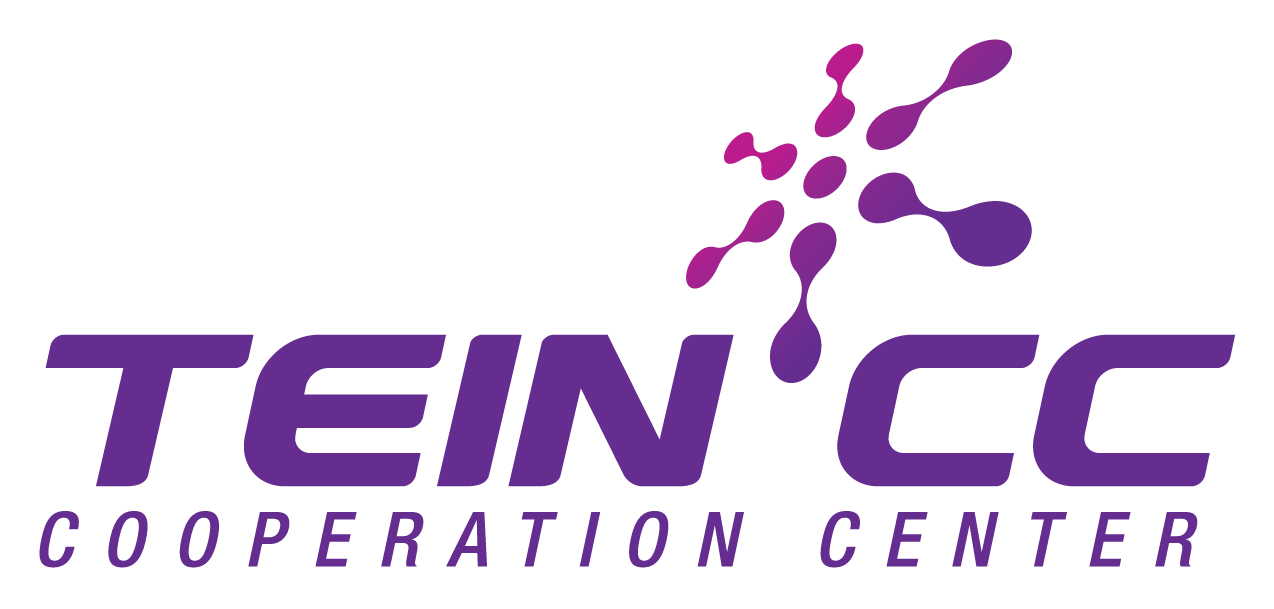Workshop Overview
This intensive capacity development workshop was designed to build foundational technical skills in routing and switching for IT engineers from Afghanistan's public universities involved in the AfgREN network. Conducted over four transformative days, the program provided comprehensive theoretical knowledge and hands-on practical training to enhance participants' ability to manage and troubleshoot campus networks connected to AfgREN, supporting the long-term goal of building a robust National Research and Education Network (NREN) in Afghanistan.
Workshop Impact at a Glance
Technical Skills
Comprehensive training in routing and switching fundamentals using Cisco equipment and simulators
University Coverage
IT staff from 20 public universities across Afghanistan participated in the intensive program
AfgREN Support
Building capacity to support and expand Afghanistan's National Research and Education Network
Certification
Official certification by Ministry of Higher Education for successful participants
Workshop Objectives
Primary Goal
Improve the technical capacity of network engineers managing AfgREN in Afghanistan's public universities through comprehensive foundational knowledge in routing and switching technologies.
Configuration Skills
Enable participants to configure and troubleshoot routers and switches effectively in real-world campus network environments.
Cisco IOS Mastery
Introduce basic Cisco IOS commands and tools essential for network management and troubleshooting procedures.
Modern Networking Tools
Promote the use of modern networking software and diagnostic tools for efficient network monitoring and maintenance.
Knowledge Exchange
Facilitate knowledge exchange and cooperation among university IT staff to build a collaborative network community.
Workshop Activities
Opening & Coordination
Formal inauguration by MoHE IT Director, emphasizing workshop relevance and stakeholder cooperation. Introduction to AfgREN infrastructure and NREN concepts globally.
Routing Fundamentals
Structured lessons on routing theory, lab-based learning with Cisco simulators, and hands-on configuration of basic routing protocols and network topologies.
Switching & Network Design
Advanced switching concepts, VLAN configuration, network troubleshooting techniques, and group work on real-world campus network scenarios.
Assessment & Certification
Written evaluation, practical demonstrations, participant feedback survey, and certification ceremony with appreciation from Ministry of Higher Education.
Lab-Based Learning
Intensive hands-on training using Cisco devices and network simulators to provide real-world experience in network configuration and troubleshooting.
Guest Presentations
AfgREN delegates explained the role of NRENs globally and presented Afghanistan's current infrastructure and future development plans.
Practical Workshops
Structured group work and collaborative problem-solving sessions focusing on routing and switching challenges in university environments.
Networking Events
Social events including group meals and dinner to enhance cooperation and community-building among participants from different universities.
Key Outcomes & Impact
20 Network Engineers Certified
IT staff from 20 public universities successfully completed the training program, enabling them to support their institution's network infrastructure more effectively.
Enhanced Technical Capabilities
Participants mastered essential router and switch configuration, troubleshooting skills, and gained proficiency in Cisco IOS command-line operations.
Outstanding Exam Results
90% of participants successfully passed the comprehensive written examination and received official certification from the Ministry of Higher Education.
Complete Curriculum Delivery
All workshop objectives and course content were successfully implemented as outlined in the original proposal, meeting all educational targets.
High Participant Satisfaction
Strong positive feedback was recorded from participants, with the majority expressing keen interest in attending more advanced training programs.
Network Community Building
Successfully fostered cooperation and knowledge sharing among university IT staff, creating a collaborative network engineering community.
Partner Organizations
Manaka Technology Services Company (MTS)
Primary implementation partner responsible for workshop coordination, technical training delivery, and capacity building program management
TEIN*CC / Asia@Connect
Technical and financial support provider, enabling international collaboration and knowledge transfer for NREN development
Ministry of Higher Education (MoHE), Afghanistan
Official government endorsement, policy framework support, and formal recognition through certification and appreciation
Challenges & Areas for Improvement
Limited Workshop Duration
The 4-day format provided an excellent foundation but was insufficient to cover all networking areas in the comprehensive depth required for complete mastery.
Equipment Constraints
Additional networking devices and simulation tools were needed to provide fully individualized hands-on practice for every participant.
Follow-up Training Required
Intermediate and advanced workshops are essential to build upon the foundational skills and ensure sustainable long-term capacity development.
Future Directions
Advanced Training Stages
Implement intermediate and advanced workshops as proposed follow-up stages, essential for sustainable capacity development and deeper technical expertise.
Resource Expansion
Acquire additional networking tools, hardware, and simulation environments to provide more comprehensive hands-on experience for participants.
Wider Participation
Expand future workshops to include IT staff from additional institutions and regions, ensuring comprehensive national coverage and skill development.
Specialized Training Tracks
Develop specialized training modules for network security, wireless technologies, and advanced routing protocols to meet evolving technical requirements.


